Category: Features
-
Saints, Volume 1: A Review
About a week ago, the first volume of the new official history of the Church was published. I finished reading through it this weekend, and I have to say that it is fantastic. The style of prose reads like a novel (many creative authors were employed as the writers or consultants for the book), but…
-
“Saints, Slaves, & Blacks”: A Review
This past May, I went to see Jana Riess present her recent research on Mormon Millennials at the Miller Eccles Study Group here in Texas. One of the most interesting (and disturbing) bits of information was her finding regarding Mormons’ opinions about the priesthood/temple ban. As she summarizes online, The 2016 NMS asked whether respondents…
-
Future Mormon 6: A Radical Mormon Materialism
Welcome to the oft delayed sixth chapter of the once weekly reading club for Adam Miller’s Future Mormon. Hopefully we’ll get back to weekly again. For general links related to the book along with links for all the chapter discussions please go to our overview page. Please don’t hesitate to give your thoughts on the chapter. We’re…
-
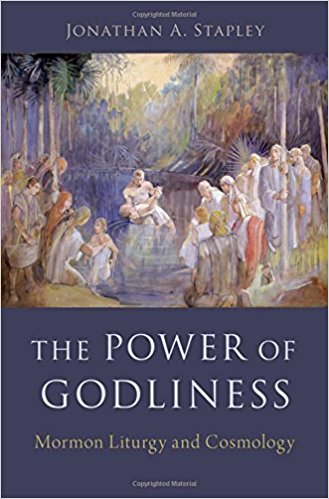
Review Essay: “The Power of Godliness: Mormon Liturgy and Cosmology”: Materiality and Performance
Like a paring knife to a grapefruit, Jonathan Stapley’s new book on the history of Mormon cosmology is slim, sharp, and swift to carve through pith, serving up elegant wedges of history. The Power of Godliness: Mormon Liturgy and Cosmology (Oxford, 2018) traces the evolution of ritual practice in Mormonism, including priesthood ordination, sealing rites,…
-

The Bread of Life, with Chocolate Chips
Today I am pleased to present a guest post from a good friend of the blog, Samuel Morris Brown. I learned to cook when my wife was recovering from cancer surgery. There’s a hollowness, kindred to cancer, hungry to swallow you up when a beloved’s life is threatened. I still remember, with a soul-deep ache,…
-
Review: William V. Smith’s ‘Textual Studies of the Doctrine & Covenants’
In October 2007, I returned home to Texas from my mission in Nevada. In April of the following year, the raid on the YFZ Ranch near Eldorado, TX, occurred. I didn’t think much about it at the time because, you know, they weren’t real Mormons (as many LDS are wont to say). However, a good…
-
Defiantly Turning the Other Cheek
On Twitter last week in the aftermath of the whole Porter situation someone mentioned the issue of turning the other cheek. Now first off I don’t think in any legitimate interpretation of turning the cheek it means submitting to abuse particularly spousal abuse. I know there is sadly a strong thread in the Jewish, Christian,…
-
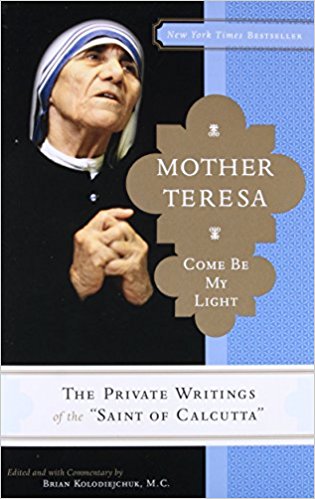
Unwavering Commitment to God and the Dark Night of the Soul
A few years ago, President Rosemary Wixom of the Primary shared a story from the life of Mother Teresa in General Conference: In a 1953 letter, Mother Teresa wrote: “Please pray specially for me that I may not spoil His work and that Our Lord may show Himself—for there is such terrible darkness within me,…
-
Hurlbut’s Story of the Bibles
Jesse Lyman Hurlbut, a Methodist minister, first published the Hurlbut’s Story of the Bible in 1904. In the book, he retells 168 Bible stories in simplified modern English prose. The author’s purpose was to provide a version of key scripture passages that young readers would find accessible. The numerous republished editions that have appeared throughout…
-
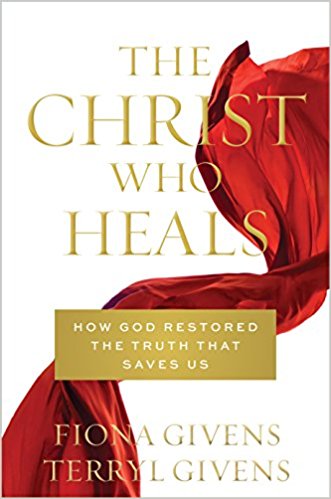
A Credible Case for Universalism — A Review of Givens and Givens’s The Christ Who Heals
In their new book, The Christ Who Heals: How God Restored the Truth that Saves Us, Fiona and Terryl Givens make the case for how “the doctrines and scriptures of the Restoration have enriched our knowledge of the rock and foundation of our faith — Jesus Christ.” The book is a delight: The Givenses draw on…
-
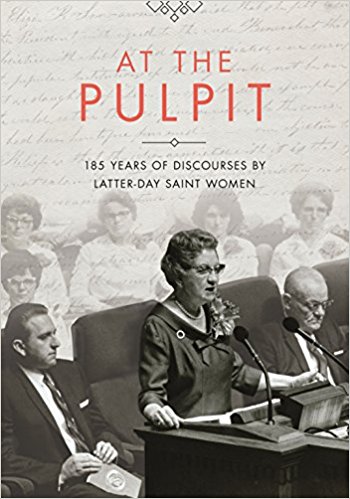
Reeder and Holbrook’s At the Pulpit: The book I hope becomes a fixture in Latter-day Saint homes
The first account we have of a woman speaking in General Conference is Lucy Mack Smith, speaking in Nauvoo, Illinois, in October 1845. But women were teaching in the Church long before that, and the continued long after that — not just in General Conference. In their collection At the Pulpit: 185 Years of Discourses…
-
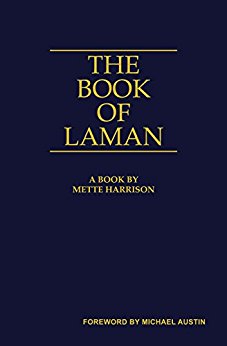
Inside the mind of the Book of Mormon’s first antagonist — A review of Mette Harrison’s The Book of Laman
In the Book of Mormon, Laman and Lemuel often come across more as comic book villains more than fully fleshed out characters. As Grant Hardy put it, “In the Book of Mormon, Laman and Lemuel are stock characters, even caricatures.” In her new novel, The Book of Laman (with its cover art a stroke of brilliance),…
-
Perspectives on Mormon Theology Review
Dave managed to finish his review of Perspectives on Mormon Theology before I did. To cut to the chase let me just summarize my judgment of the book first. If you’re at all interested in the implications of scholarly considerations of Mormon history, exegesis, or theology then this is a must read book. Blair Van Dyke and…
-
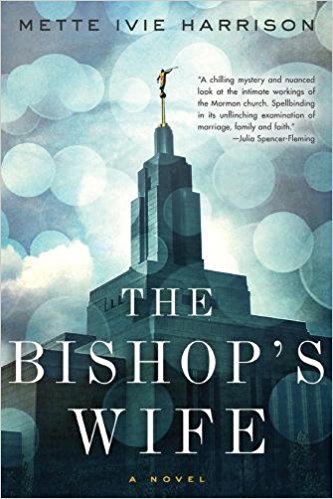
Fiction and Culture: Mette Ivie Harrison’s The Bishop’s Wife
A good Mormon mystery Novels — particularly good ones — convey a sense of place. This is absolutely true of mystery novels, from Kwei Quartey’s police detective in Ghana to Alexander McCall Smith’s private detective in Botswana. But how much do we really about a place or a culture from a work of fiction? I…
-
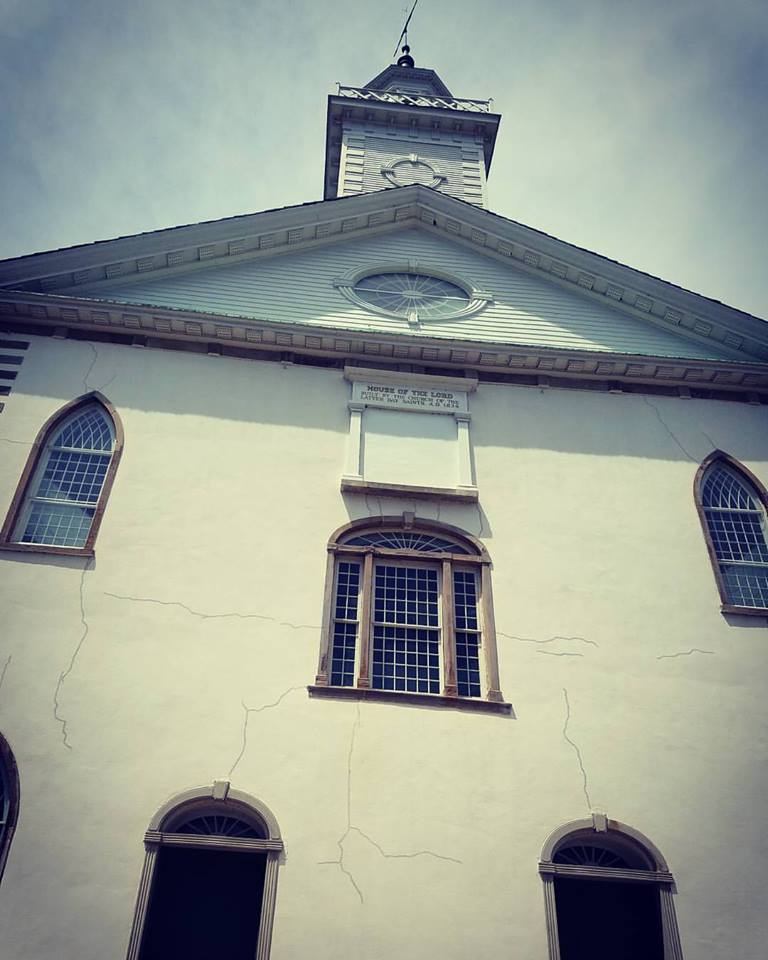
-

A Mormon Image: Communing With the Saints
My loved ones are embarrassed by public breastfeeding, so I retire to the mothers’ room to fulfill the measure of my creation. ~ Bethany West If you have a photograph you would like to submit for consideration in our A Mormon Image series, please see here for our submission requirements.
-
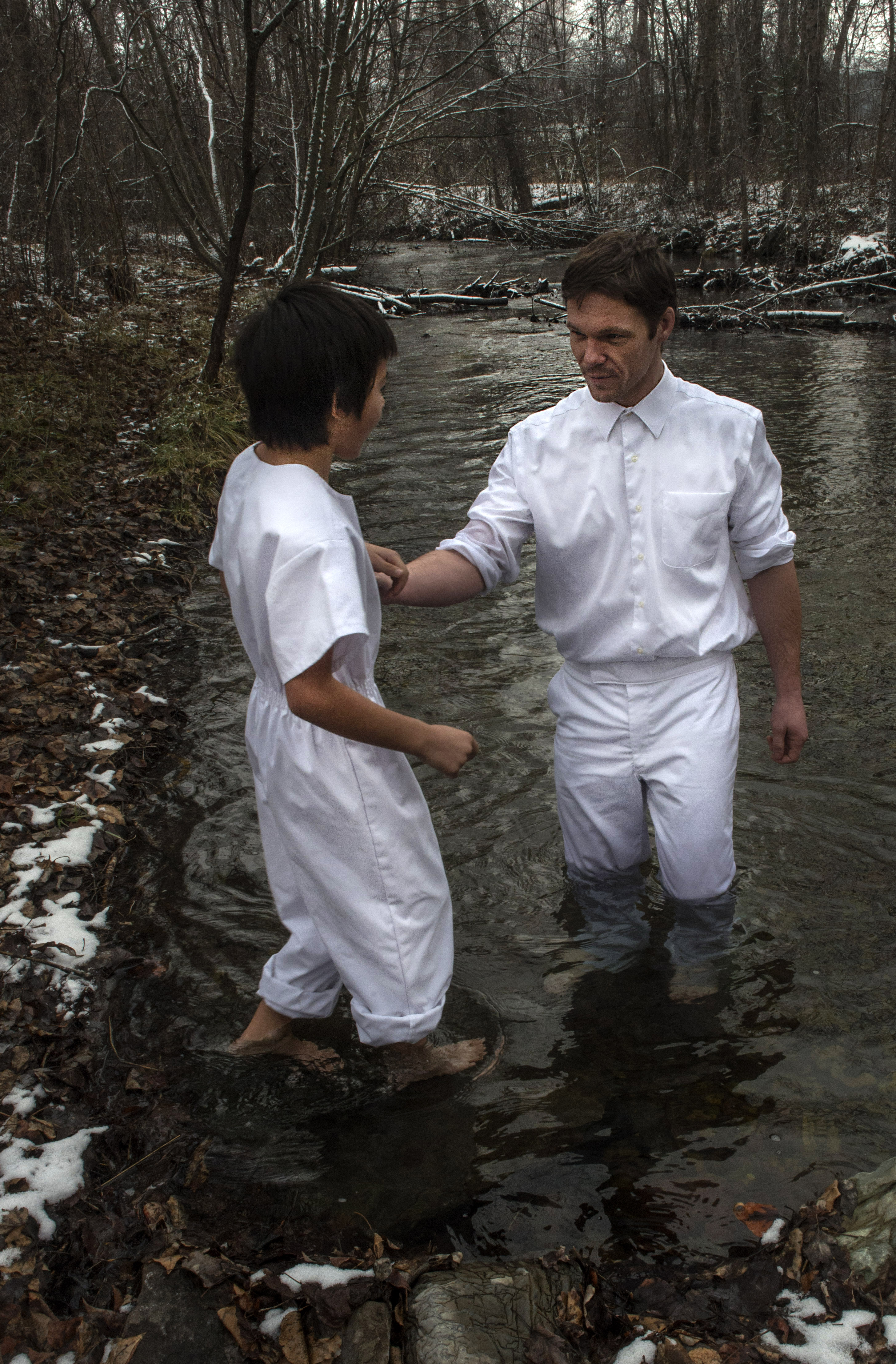
A Mormon Image: Izyek Steps into the Waters
On a cold day in January, Eldon Umphrey helps his son, Izyek, into Mission Creek in western Montana. The creek runs through the family property, and it has become a family tradition to perform baptisms there, even when there’s snow and ice. ~ Michael Umphrey (http://umphrey.net/) If you have a photograph you would like…
-
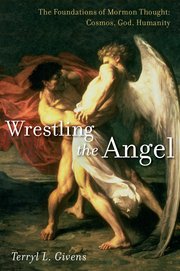
Mormon Doctrine for Grown-ups: A Review of Terryl Givens’s Wrestling the Angel
When I was young, I discovered C.S. Lewis’s Chronicles of Narnia and enjoyed every volume. Then one day, at my neighborhood library, I discovered Paul Ford’s Companion to Narnia, essentially an encyclopedia of Narnia, and I fell in love. The entries were arranged alphabetically, and there were more topics than I had ever imagined. It…
-
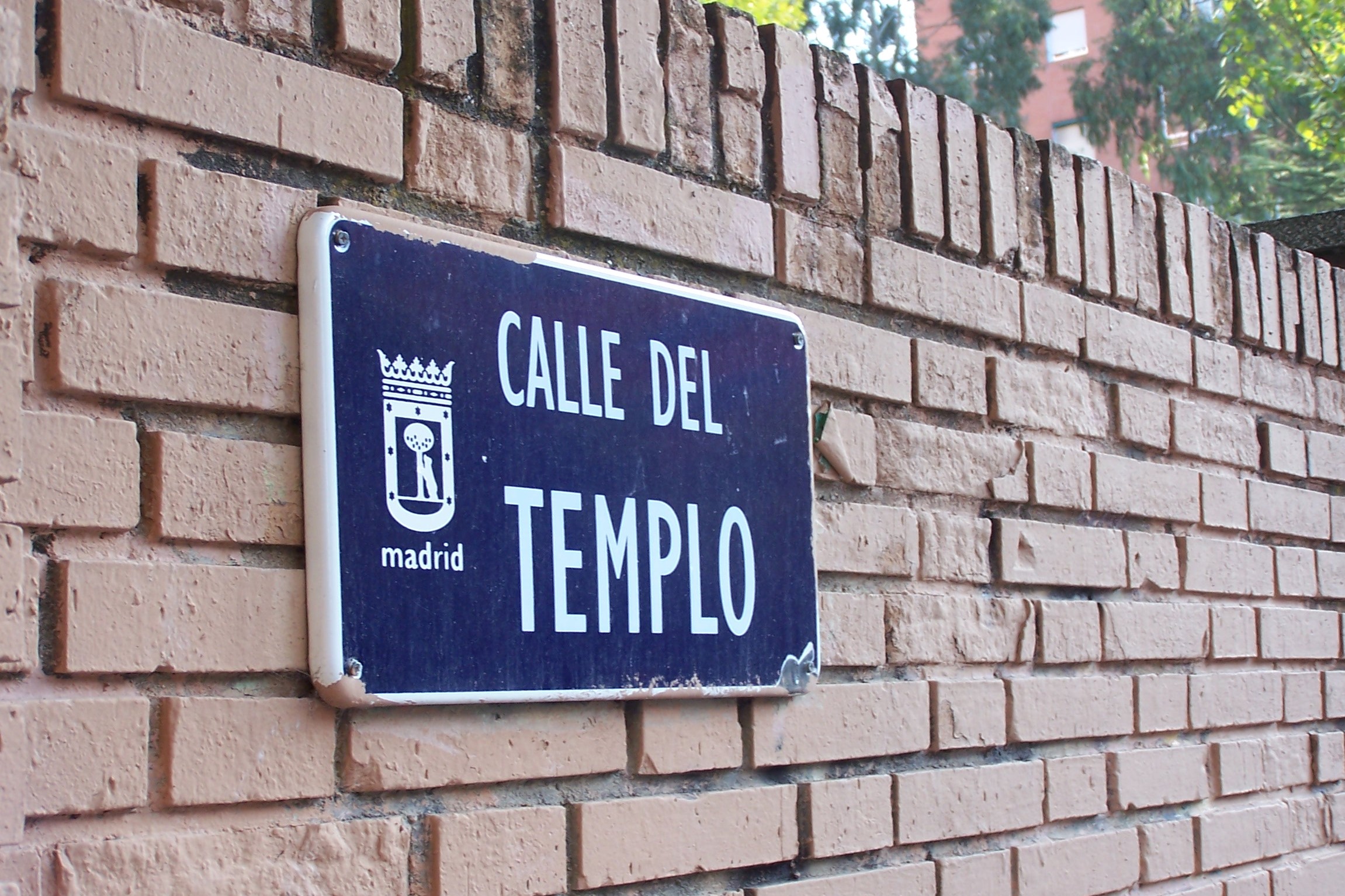
A Mormon Image: Calle del Templo (Madrid)
Calle del Templo, which in English translates to “Temple Street,” is the street on which the Madrid Temple stands. ~ Gabriel González (http://gabrielgonzaleznunez.wordpress.com/) If you have a photograph you would like to submit for consideration in our A Mormon Image series, please see here for our submission requirements.
-
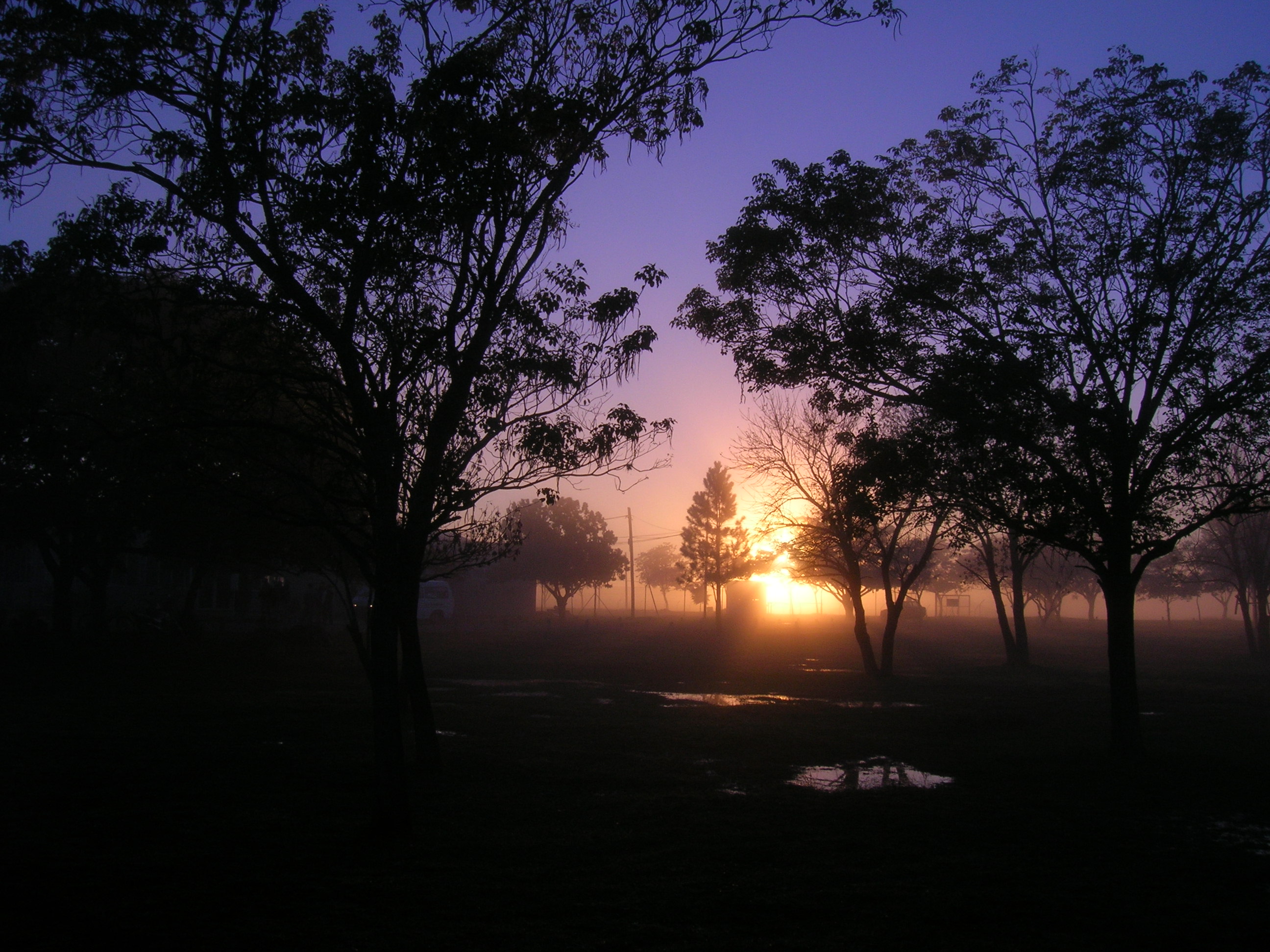
A Mormon Image: Sunrise at the Corrientes Airport
With my assignment to the office of the Argentina Resistencia Mission, I helped pick up our new mission president. I snapped this photo as we walked to the terminal to await his arrival.
-
Be Still My Soul
When I was 19 years old and a junior at BYU, I took a volunteer opportunity teaching a semester-long “life skills” class at the Utah State Prison. Maybe it’s not apparent from that one sentence how absurd it was for a sheltered Mormon girl from rural Canada to be teaching “life skills” to a bunch…
-

A Mormon Image: Scriptures Deconstructed
A few years ago I left my scriptures on the roof of my car when driving home from church. When I realized what I’d done I returned to find the pages scattered all over the road. These were my mission scriptures and they meant a lot to me so I spent about an hour gathering…
-
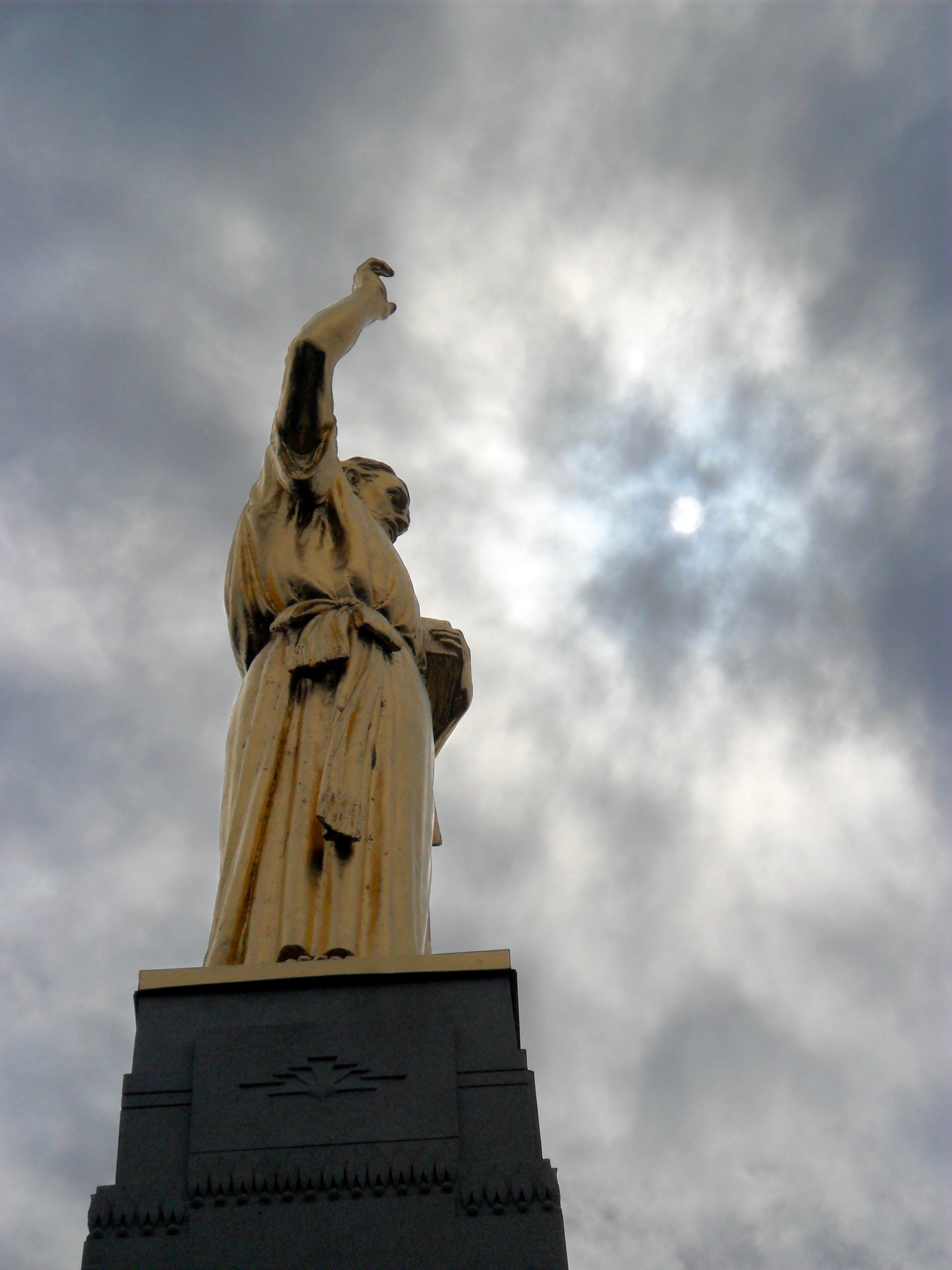
A Mormon Image: From on High
The title of and inspiration for this photograph of the Moroni statue atop Hill Cumorah in Palmyra comes from the text of Parley P. Pratt’s hymn “An angel from on High” (Hymns 13).
-
On Silence: A Midrash of Elijah
Most of us are familiar with the story of the prophet Elijah, who is particularly famous for his dramatic confrontation with the priests of Baal. My favorite part of Elijah’s story comes after that, though, when he realizes that not much changed as a result of his demonstration of God’s power–the people are still worshiping…
-
T&S Welcomes Guest Blogger Michelle Lee
Times and Seasons hopes you will join us in welcoming our latest guest blogger, Michelle Lee. Michelle is a licensed therapist practicing in the San Francisco Bay Area. She currently works full-time for her local school district, providing mental health counseling and crisis management services to adolescents and their families, and also has a private…
-
Three Types of Goodness and Truth
My PhD dissertation was about bias in cost and ridership forecasts for transit projects. Before getting into any data analysis, I address the question of how we should even be evaluating forecasts in the first place. One response to evidence that forecasts for transit projects have generally proven to be overwhelmingly biased has been an…
-

A Mormon Image: The Kids Table Easter
I spent a lot of years at the kids table when I was young. Family dinners were a big deal. My grandmother lived for them. She was an excellent cook and a hostess extraordinaire. She would recite poetry and lead her guests in singing a few songs. She would also use her seating chart to try…
-
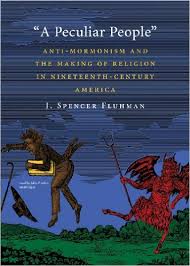
Review: A Peculiar People, or How Protestants Viewed Mormons in the Nineteenth Century
So I finally got around to reading J. Spencer Fluhman’s book “A Peculiar People”: Anti-Mormonism and the Making of Religion in Nineteenth-Century America. I was expecting another account of “beat up the Mormons” episodes in the 19th century. Instead, it was an entertaining and informative review of how informally established Protestantism worked in the 19th…
-
Reviving Our “A Mormon Image” Photo Series
We’ve decided to revive our long dormant photo series “A Mormon Image,” which features photos and other images that carry meaning for us because they resonate with our “Mormonness.” As part of this, we’d like to issue a renewed call for photographs to be considered for inclusion in the series. What qualifies as a Mormon image?…
-
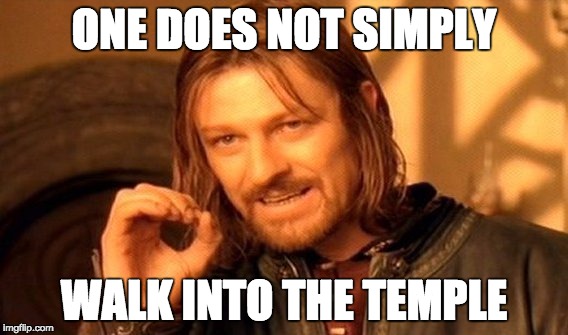
Access to the Temple
During the three years I was a transportation planning student living in Los Angeles (I completed the final two years of my degree remotely), I had fairly consistent access to a car, but I generally only used it as a transportation mode of last resort since I preferred to travel by walking or transit, and…
